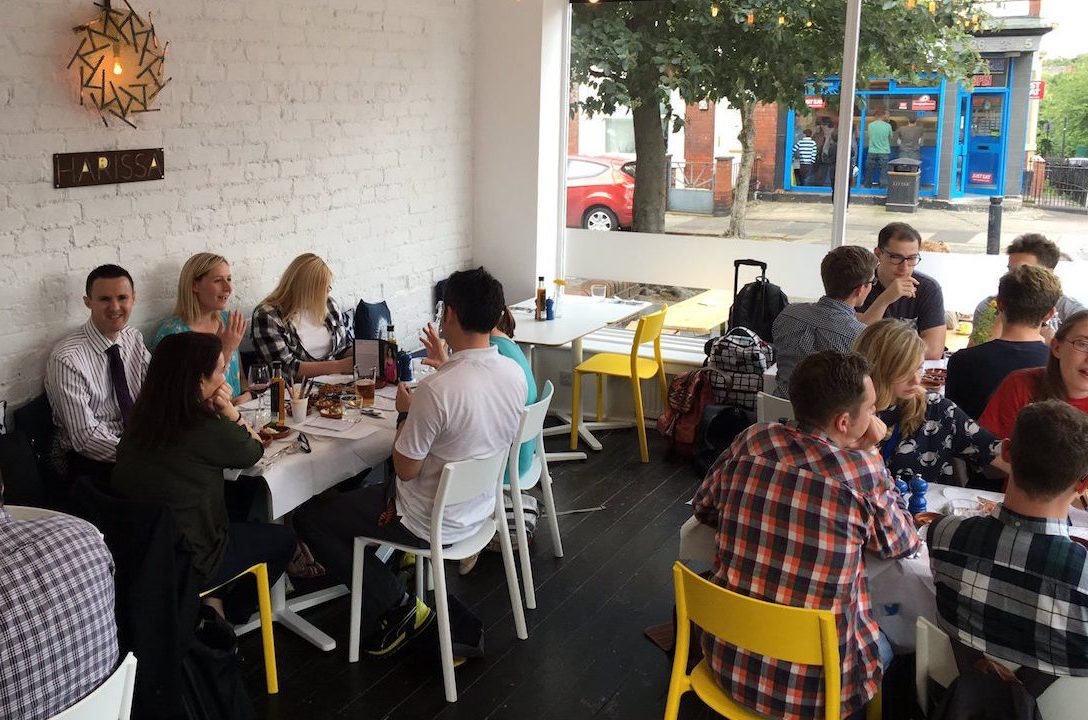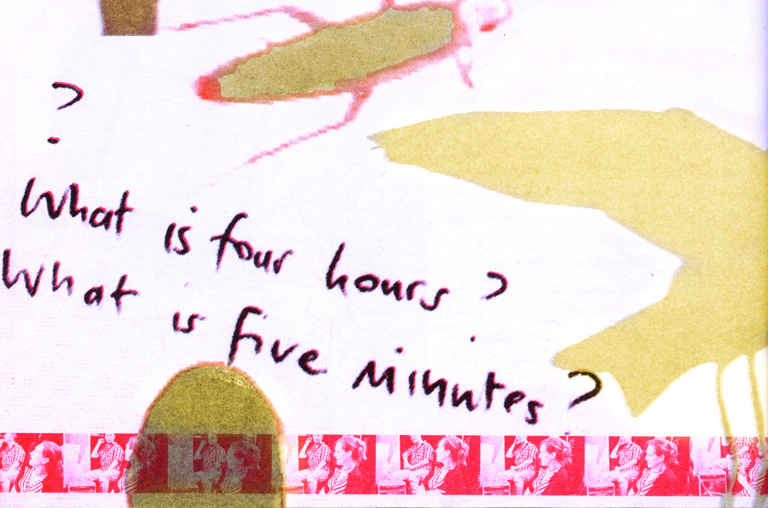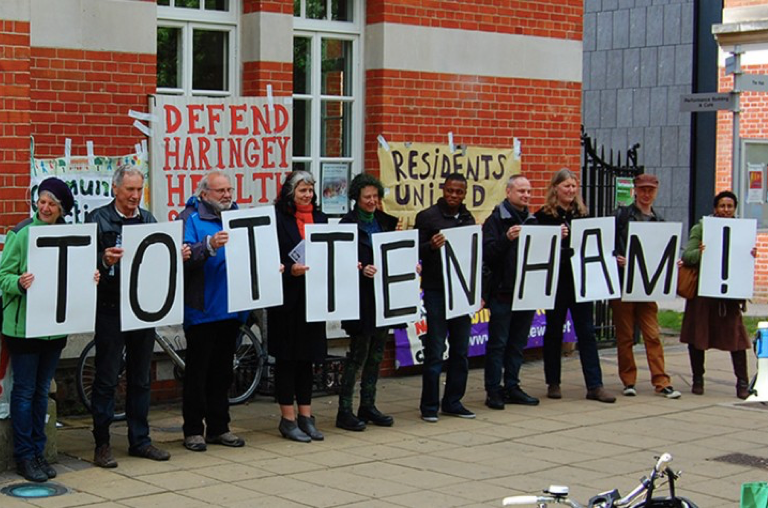Current Projects

Enabling Ongoingness
The project is a design engagement with older people, people living with dementia, people approaching the end of their lives and people who are bereaved. One aim of the project is to find new ways to capture and represent something meaningful about an individual and their relationships through a combination of physical things and digital media [...]

INTUIT
The value of using personal data, collected by individuals, for improving healthcare provision and the self-management of long-term conditions (LTCs) is increasingly recognised by healthcare providers and citizens. However, the communication of these data – and the inferences made about ‘health’ and ‘lifestyle’, are inextricably linked to concerns for managing trust, identity, privacy, and security (TIPS). [...]

Memoryscapes
Advances in immersive technologies such as virtual reality and augmented reality enable the creation of experiences that can bring the past to life in new ways and in new places. Sights, sounds and even smells from the past can be recreated to help people understand the world around us as it was or might be. Our [...]

CYBECO
Supporting Cyberinsurance from a Behavioural Choice Perspective (CYBECO) will research, develop, demonstrate, evaluate and exploit a new framework for managing cybersecurity risks, one that is focusing on cyberinsurance, as key risk management treatment. CYBECO integrates multidisciplinary research methods from Behavioural Economics, Statistics, Game and Decision Theory, Security Engineering and Behavioral Psychology in order to develop new [...]

Cybersecurity Across the Lifespan
Despite increased efforts to improve cyber-security for organisations and individuals, growing reports of breaches and attacks suggest that not only are we more vulnerable than ever, but also that there “is no obvious solution to the problem of cyber-security” (Garfinkel, 2012, p. 32). As technology has become embedded in virtually all aspects of everyday life, and [...]

Digital Economy Research Centre
The Digital Economy Research Centre (DERC) is an initiative led by Newcastle University, with a broad Digital Civics agenda. A number of Northumbria staff are investigators on the DERC project. The Digital Economy Research Centre (DERC) aims to theorise, design, develop, and evaluate new digitally mediated models of citizen participation that engage communities, the third sector, [...]

Urban Living Partnership
The Urban Living Partnership pilot phase in Newcastle and Gateshead will diagnose the complex and interdependent challenges within the urban region, working collaboratively to co-design and implement initiatives and solutions in order to contribute to the life and development of the area. Led by Newcastle University and featuring project partners from across the Quadruple Helix model [...]

Ox-Chain
The arrival of the Blockchain promises to radically change the way we share, circulate and distribute the things that we value. However, the possible benefits for the not-for-profit sector have only begun to be understood, and much research and innovation is presently limited to the financial and tech industries. Ox-Chain is a major EPSRC research project [...]

CRITiCaL
The Cloud is an emerging technology that offers democratic access to computing power, data storage, software and services often for a small pay-per-use cost. Like any new technology the Cloud has potential for great good, but in the wrong hands can facilitate criminal activity. Within this project (Combatting cRiminals In The Cloud) we seek to understand [...]

ACANTO
Despite its recognised benefits, most older adults do not engage in a regular physical activity. The ACANTO project proposes a friendly robot walker (the FriWalk) that will abate a some of the most important barriers to this healthy behaviour. The FriWalk revisits the notion of robotic walking assistants and evolves it towards an activity vehicle. The [...]

Loneliness In the Digital Age
Loneliness is one of the most significant challenges facing Western society in the 21st century. Not only does research suggest that 1 in 10 people are lonely, our radically transforming society threatens to make the situation significantly worse. Increasingly large proportions of our lives are being lived in online environments, more people are now working from [...]

Challenging Online Fear And Othering
Cultures of fear can be spread, either deliberately or otherwise, by a wide range of agents including the media, government, science, the arts, industry and politics. The ease of which fear can be generated means that today’s society remains inordinately fearful of improbable harms and dangers. A good deal of societal fear stems from mistrust of [...]
Finished Projects

Cyber security Risks of Digital Hoarding
This project explores the psychological characteristics of individuals who engage in digital hoarding, and the risks these behaviours can pose to organisations. Hoarding behaviours associated with the accumulation of physical objects is the subject of a newly-diagnosed psychiatric disorder. Studies in clinical groups and community samples have begun to clarify the demographic, social, and psychological characteristics [...]

Design Your Own Future
MakerSpaces and Fab Labs are open, publicly-accessible workshops, which provide people with access to cutting-edge tools and technologies (both digital and analogue), which they can use for completing design projects. These sites are commonly run as collectives, with equipment gifted or purchased from donations. Much as public libraries serve to educate a resource-impoverished public, MakerSpaces and [...]

Creative Temporal Costings
Timebanking is emerging as a new parallel economy: in the UK, the charity TimeBanking UK (project partner) supports a membership of around 300 community timebanks nationwide. A key defining characteristic of timebanks is the unit of exchange: all activities are valued equally and in terms of time, with an hour contributed by a legal expert rendered [...]

The Trust Map
The proposed research project is based on the premise that trust and empathy underpin social equality, and a lack of trust can lead to social exclusion and issues in power dynamics. Although digital use (as a whole) has increased in the UK, this usage may not ameliorate social inequality or alter community disconnection. In fact, some [...]

A Taxonomy of UK Crowdfunding
The proposed research aims to comprehensively scope the UK online crowdfunding field and develop a ‘taxonomy of UK crowdfunding’. This will map out current activities across domains (e.g. investment, reward-driven, philanthropy), economic scale, geographic location and economic ‘reach’ etc. to create a clear picture of the heterogeneity of the developing online crowdfunding sector in the UK. [...]

Reel Lives
New social media has led to an explosion in personal digital data that encompasses both those expressions of self chosen by the individual as well as reflections of self provided by other, third parties. The resulting Digital Personhood (DP) data is complex and for many users it is too easy to become lost in the mire [...]

Family Rituals
Work can demand time away from home. For some employees being away from home might be a few days on a frequent basis, for others it may be much longer periods. Being away from home can impact on family life and participation in family rituals, creating a challenge to managing the competing demands of work and [...]

ChAISe
Information security decisions are often made without any formal or rigorous backing. For instance, data about impact or likelihood of security breaches is rarely available. Careful prediction, for instance using monte carlo simulation, is often ommitted. It is natural, but also somewhat easy, to say that we need more rigorous techniques when we make information security [...]

Balance Network
The Balance Network will provide a new, interdisciplinary research community to explore Work-Life Balance in the Digital Economy (WLB in DE). It will cultivate new linkages and promote exchanges within and beyond the research base of projects funded under the theme of Sustainable Society: Achieving work-life balance in a digitally dependent world. Through a range of [...]

Devices for Assisted Living
Shopping centres, airports, museums and hospitals are the kind of complex and confusing environments where elderly people on the verge of cognitive decline could have difficulties walking around without help. The walking frames they may currently use do not have the flexibility to help them navigate in often-crowded places. This led researchers on the Devices for [...]

IMPRINTS
Both in the UK and the US there is an important societal agenda in relation to identity management technologies, services and practices (IM-TSP), set against a background of civil liberties. Citizens regularly express concern about the amount of personal information that is held electronically and that is available to benign and malign organisations. There are, for [...]